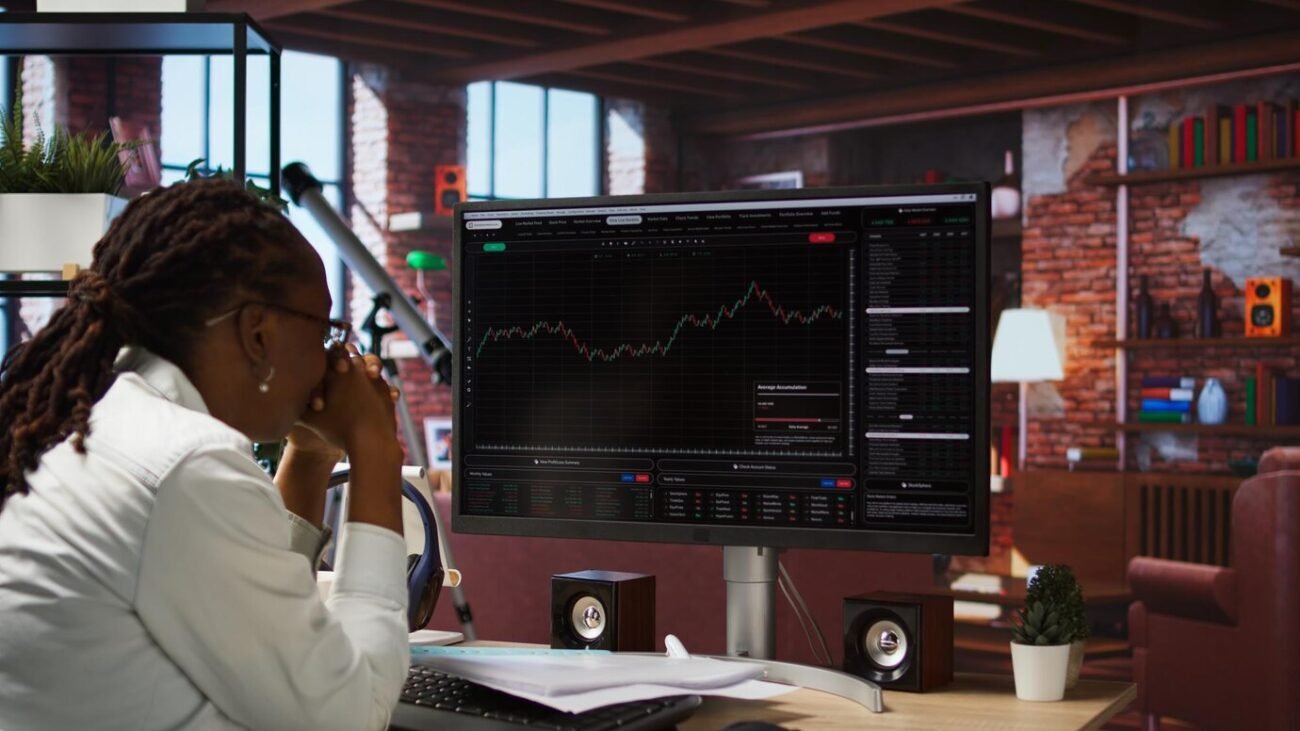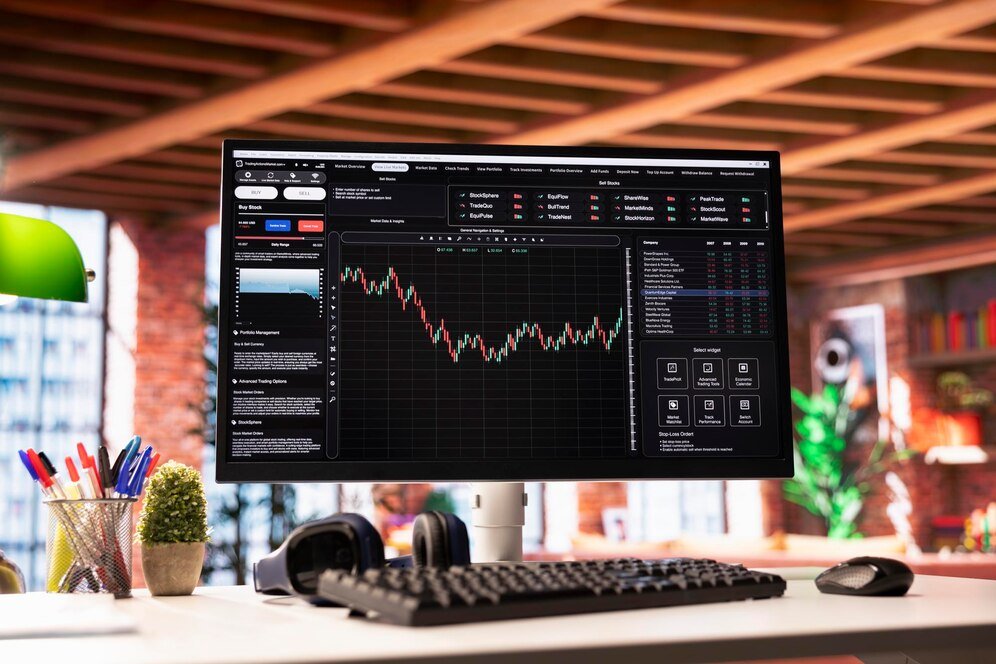As the cryptocurrency market continues to evolve, exchanges play a crucial role in facilitating trading and providing liquidity. When it comes to cryptocurrency exchanges, there are two primary types: centralized exchanges (CEX) and decentralized exchanges (DEX). Each has its own set of advantages and disadvantages. In this blog, we’ll compare centralized and decentralized exchanges, helping you understand which may be more suitable for your trading needs.
What Are Centralized Exchanges (CEX)?
Centralized exchanges are platforms operated by a centralized organization that acts as an intermediary between buyers and sellers. Users create accounts on these platforms and deposit their funds, which the exchange manages.
Pros of Centralized Exchanges:
- User-Friendly Interface:
- Centralized exchanges typically offer intuitive interfaces that cater to both beginners and experienced traders. The design is often streamlined, making it easy to navigate.
- High Liquidity:
- CEXs generally have higher trading volumes, leading to greater liquidity. This means users can execute trades quickly and at competitive prices.
- Faster Transactions:
- Transactions on centralized exchanges are processed quickly, allowing users to buy and sell assets without significant delays.
- Advanced Trading Features:
- Many centralized exchanges offer various trading options, such as margin trading, futures, and derivatives, which can be appealing to more experienced traders.
- Customer Support:
- CEXs usually provide dedicated customer support, allowing users to resolve issues and inquiries more efficiently.
Cons of Centralized Exchanges:
- Security Risks:
- Centralized exchanges are prime targets for hackers due to the large amounts of funds they hold. Users risk losing their assets if the exchange is compromised.
- Lack of Control:
- When using a CEX, users do not have full control over their funds. The exchange holds private keys, meaning users must trust the platform to safeguard their assets.
- Regulatory Compliance:
- Centralized exchanges often require users to complete KYC (Know Your Customer) verification, which can deter privacy-conscious individuals.
- Withdrawal Limits and Fees:
- Some CEXs impose withdrawal limits and high fees, especially during periods of high demand.
What Are Decentralized Exchanges (DEX)?
Decentralized exchanges operate without a central authority, allowing users to trade directly with one another through smart contracts. DEXs enable peer-to-peer transactions, often using blockchain technology.
Pros of Decentralized Exchanges:
- Enhanced Security:
- DEXs are generally more secure because users retain control of their private keys. This reduces the risk of hacks and theft.
- Privacy and Anonymity:
- Many decentralized exchanges do not require KYC verification, allowing users to trade without exposing their identities.
- Lower Fees:
- DEXs often have lower transaction fees compared to CEXs, as there are no intermediaries to pay.
- Access to a Wide Range of Tokens:
- DEXs typically offer a broader selection of tokens, including many new and lesser-known cryptocurrencies, providing more trading options.
- No Single Point of Failure:
- The decentralized nature of these exchanges reduces the risk associated with a single point of failure, making them more resilient.
Cons of Decentralized Exchanges:
- Complex User Experience:
- DEXs can be less user-friendly, especially for beginners. The interfaces may be more complicated, and users need to understand how to interact with smart contracts.
- Lower Liquidity:
- Many DEXs have lower trading volumes compared to CEXs, which can lead to slippage and less favorable trade execution.
- Slower Transactions:
- Transactions on DEXs may take longer to process, especially during network congestion, as they rely on blockchain confirmations.
- Limited Customer Support:
- DEXs typically lack dedicated customer support, making it more challenging for users to resolve issues.
- Smart Contract Risks:
- DEXs operate on smart contracts, which can be vulnerable to bugs and exploits. Users must be cautious when trading on these platforms.
Conclusion
Choosing between a centralized and decentralized exchange ultimately depends on your individual needs and trading preferences. Centralized exchanges offer convenience, higher liquidity, and customer support, making them suitable for beginners and those seeking advanced trading features. However, they come with security risks and a lack of control over funds.
On the other hand, decentralized exchanges provide enhanced security, privacy, and lower fees, appealing to those who prioritize self-custody and anonymity. However, they may present a steeper learning curve and liquidity challenges.
Understanding the pros and cons of each type of exchange can help you make informed decisions based on your trading goals and risk tolerance. As the crypto ecosystem continues to grow, both CEXs and DEXs will play vital roles in shaping the future of digital asset trading.













